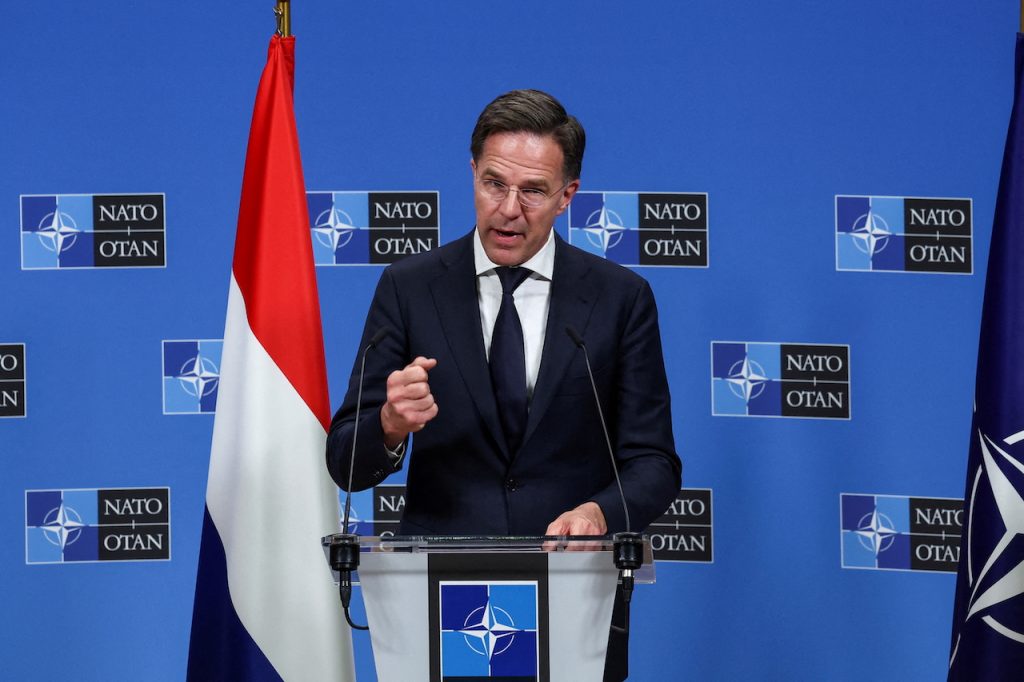
Oranjestad, Aruba - In his first major speech as NATO Secretary General, Mark Rutte warned of global security risks and stressed that the Netherlands and its overseas territories are insufficiently prepared for conflicts expected in the coming years. Although the speech focused on European preparedness, these concerns also affect Aruba, where dependence on imported food and fuel raises concerns.
Global Tensions and Aruba's Vulnerability
Rutte stressed the need for NATO to adopt a war mentality, given the geopolitical instability that could disrupt global trade and supply chains. For Aruba, an island heavily dependent on imported goods, the consequences of such disruptions could be significant.
- Fuel security:
Aruba depends almost entirely on imported refined fuels, primarily from the United States and regional suppliers such as Trinidad and Tobago. Disruptions in shipping routes or price fluctuations due to global conflicts can lead to shortages or rising costs, affecting transportation and energy production on the island. - Food imports:
Similarly, Aruba's food supply is heavily dependent on imports, with most staples and fresh goods being brought in by sea. Higher transportation costs, delays or reduced availability due to geopolitical tensions can put pressure on local markets, leading to higher prices and possible shortages of essential goods.
Mark Rutte's Viewpoint
In his speech, Rutte warned that the Kingdom of the Netherlands must prepare for a future in which supply chains can be used as weapons. Although his message was aimed at Europe, Aruba's strategic location in the Caribbean and proximity to Venezuela-a country struggling with ongoing instability-makes the island especially vulnerable.
Local analysts point out that Aruba's dependence on outside suppliers makes it particularly susceptible to global disruptions. "We must consider scenarios in which geopolitical tensions affect not only Europe, but also the Caribbean regions of the Kingdom," Rutte told a NATO briefing.
What Can Aruba Do?
Rutte's speech sparked discussions about Aruba's food and energy security. Experts and policymakers are urging the island to prioritize:
- Investments in Renewable Energy: Reduce dependence on imported fuels by encouraging solar and wind energy projects.
- Local Agriculture: Expand local food growing initiatives to ensure a constant supply of fresh produce.
- Regional Cooperation: Strengthen trade agreements with Caribbean neighbors to reduce risks in international supply chains.
Conclusion
While Mark Rutte's warning underscores the importance of NATO preparedness in Europe, Aruba must also take proactive steps to protect its own critical supplies. As global tensions continue to rise, dependence on imported food and fuel underscores the need for a long-term resilience strategy. For Arubans, the issue is no longer just one of global security-it is about stability at home.

